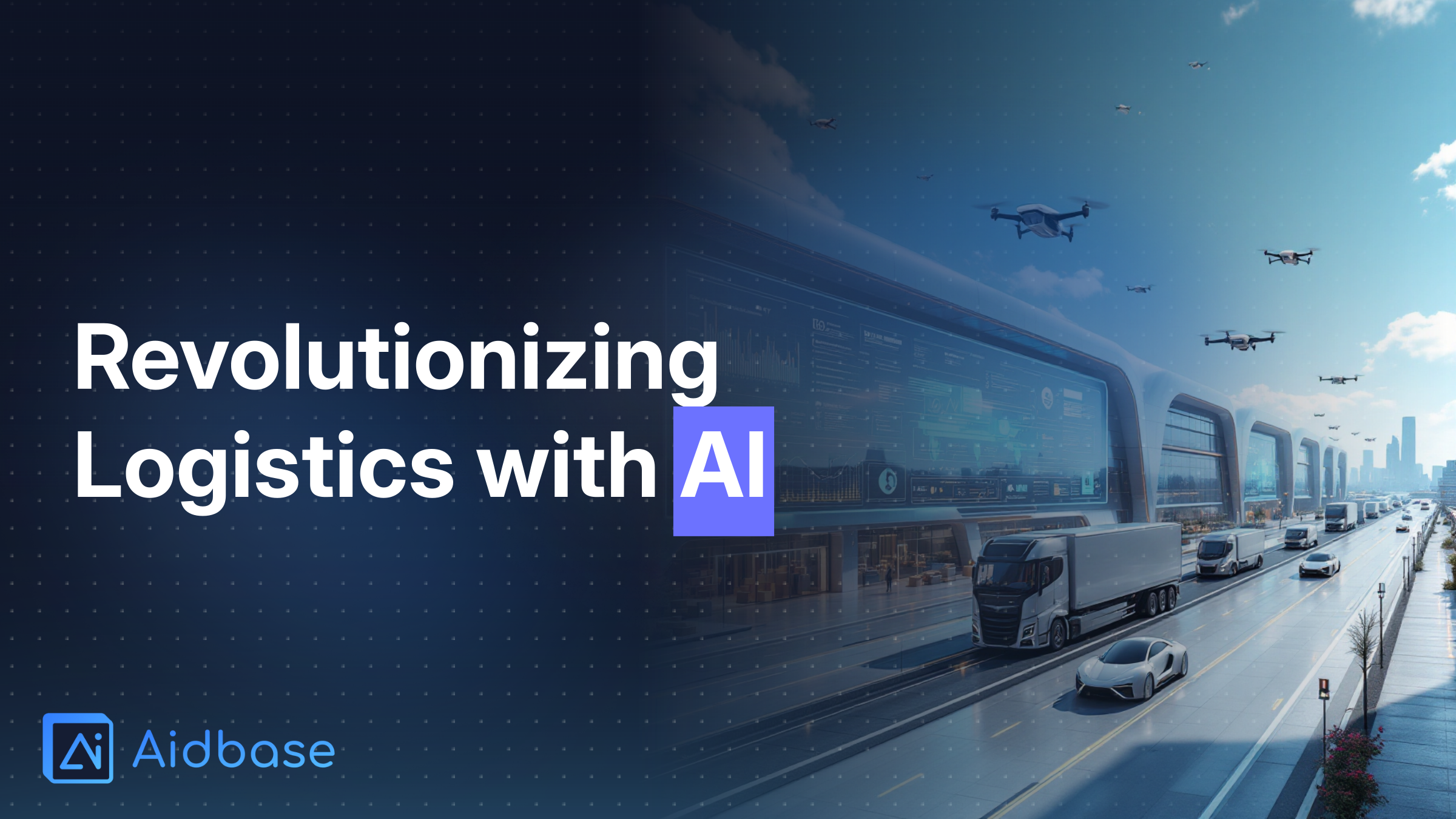In the fast-paced transportation and logistics sector, effective customer s...

In today's fast-paced global economy, customer support plays a pivotal role in shaping success in transportation and logistics. As the industry continually faces challenges from tight schedules to demanding safety standards, innovations in customer service have become essential. One transformative solution is the integration of artificial intelligence (AI), which not only streamlines operations but also enhances customer satisfaction through better transparency, responsiveness, and personalization.
Customer support within the transportation and logistics sector is much more than just handling inquiries—it is the backbone that ensures operational reliability and customer trust. In an industry that underpins global commerce, effective customer service helps businesses manage the high stakes of timely delivery, unexpected delays, and unforeseen challenges. The ability to provide real-time updates and actionable insights reassures customers, builds long-term relationships, and ultimately drives business growth.
AI is revolutionizing customer interactions with technologies that adapt and evolve based on continuous data input. Through natural language processing, machine learning, and deep analytics, AI systems can interact with customers in a way that is both human-like and highly efficient. This transformation is critical in logistics, where managing large volumes of information and delivering timely responses can be challenging with traditional methods.
Integrating AI-driven tools such as Aidbase can help companies leverage these benefits to enhance their customer support strategies while reducing long-term operational expenses.
One of the standout applications of AI in this industry is the development of real-time tracking systems. AI-powered tracking tools provide customers with immediate access to detailed information about their shipments—from current locations to estimated delivery times and alerts for potential delays. This transparency is not merely a technical upgrade; it represents a tangible improvement in customer experience.
AI's capabilities extend to ensuring the smooth operation of vehicles and equipment through predictive maintenance. Utilizing data gathered from sensors across fleets, AI systems can forecast potential failures before they occur. This proactive approach enables companies to schedule maintenance during planned downtimes, thereby preventing unexpected breakdowns that can lead to costly delays.
Research from TXEPC emphasizes how vital these predictive technologies are: “Identifying patterns indicating impending issues helps companies schedule maintenance, reducing unexpected breakdowns and extending asset lifespan” (source).
Beyond operational improvements, AI is a catalyst for personalization in customer interactions. By analyzing historical data and previous customer engagements, AI platforms can craft responses that are customized to individual preferences. This personalization goes beyond mere greetings—it includes tailored promotions, flexible delivery options, and proactive recommendations that cater to the unique needs of each customer.
As highlighted in Dialzara's research, personalized customer interactions powered by AI lead to a more valued and understood customer experience (source).
Real-world examples demonstrate that AI is not just a theoretical improvement—it is already being implemented successfully across the logistics sector. Several companies are now using AI-driven customer support systems with impressive results, including:
These case studies serve as a blueprint for other players in the industry, showcasing how a strategic investment in AI translates into tangible benefits.
Despite its clear benefits, integrating AI into customer support systems in transportation and logistics comes with its own set of challenges. Issues such as data privacy concerns, integration with legacy systems, and a shortage of skilled personnel are not uncommon. Addressing these hurdles requires a robust strategy and a willingness to invest in training and infrastructure.
By anticipating these challenges and planning accordingly, businesses can mitigate risks and pave the way for a smoother transition to AI-driven customer support.
Looking ahead, the role of AI in transportation and logistics is expected to expand significantly. The potential for AI innovations in areas such as autonomous vehicles, advanced analytics, and integrated communication platforms presents a future where customer support is not only reactive but anticipatory.
Industry leaders are already investing in cutting-edge research and development to harness these opportunities, ensuring that transportation and logistics remain competitive in an increasingly digital world.
Embracing AI in the transportation and logistics sector is not merely an option—it is quickly becoming a necessity. By boosting transparency through real-time tracking, reducing downtime with predictive maintenance, and delivering personalized experiences, AI transforms how companies support their customers while also streamlining operations and reducing costs. As the industry evolves, those who invest in these technologies will not only meet the challenges of today but also be better prepared for the innovations of tomorrow.